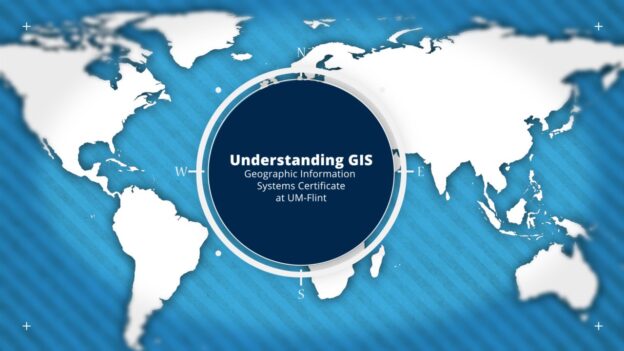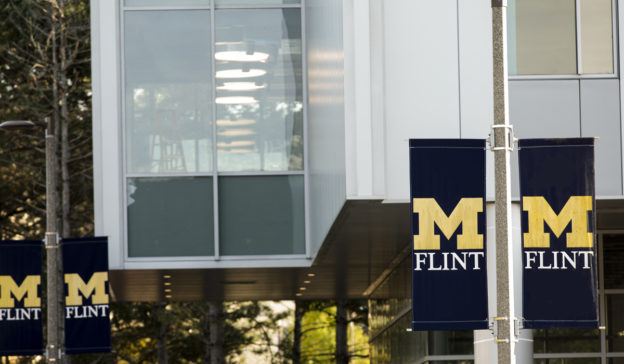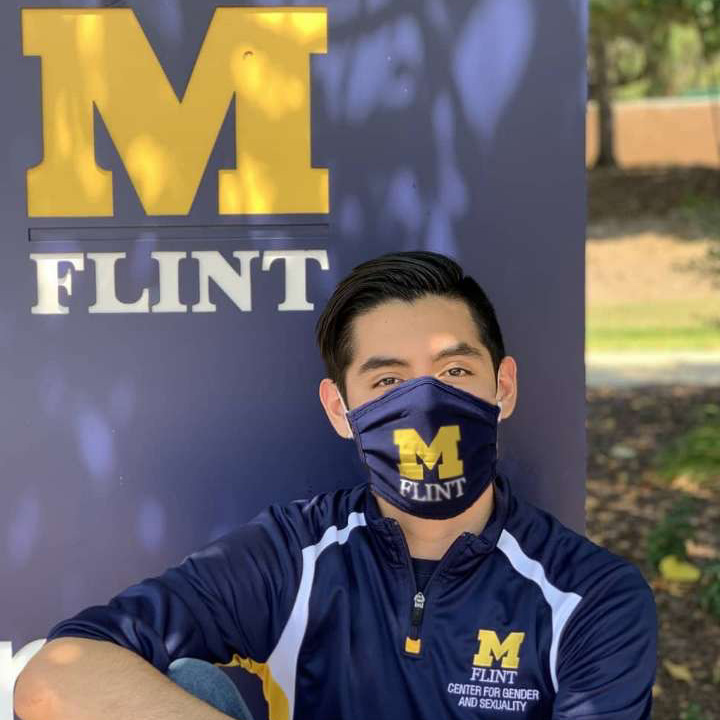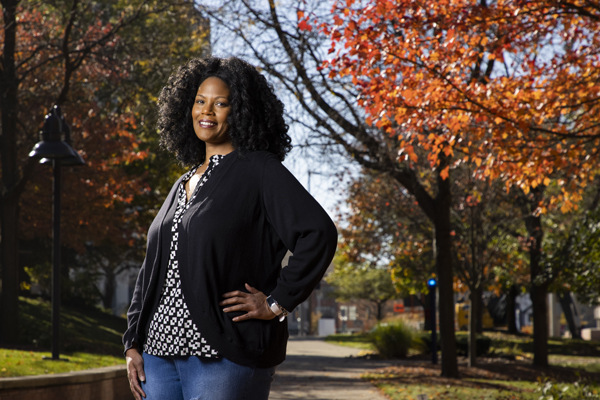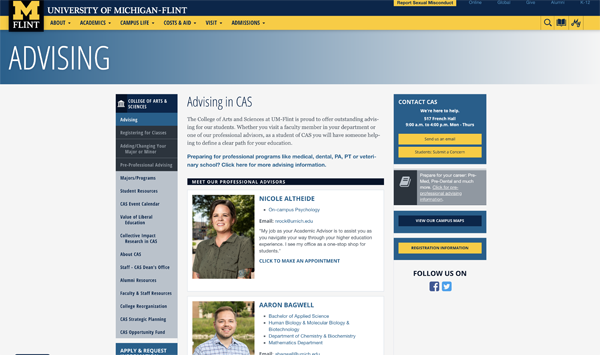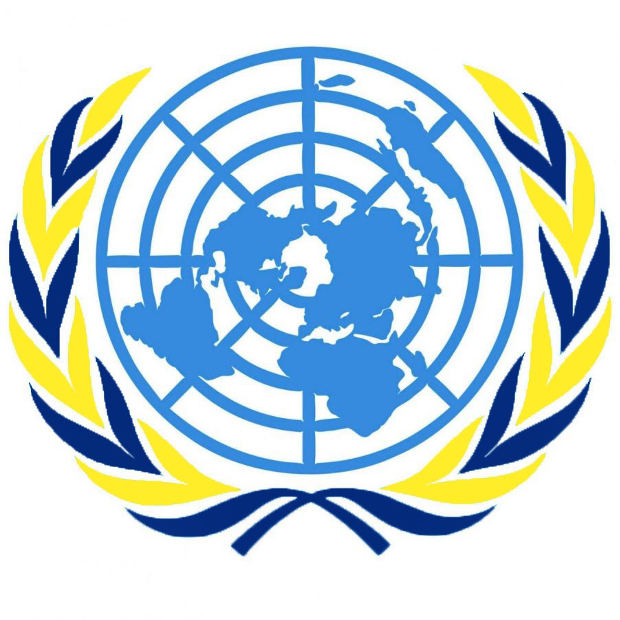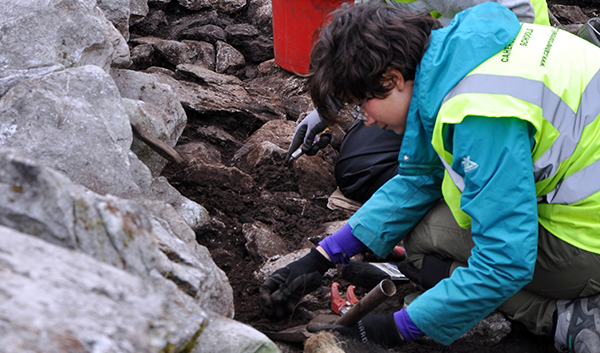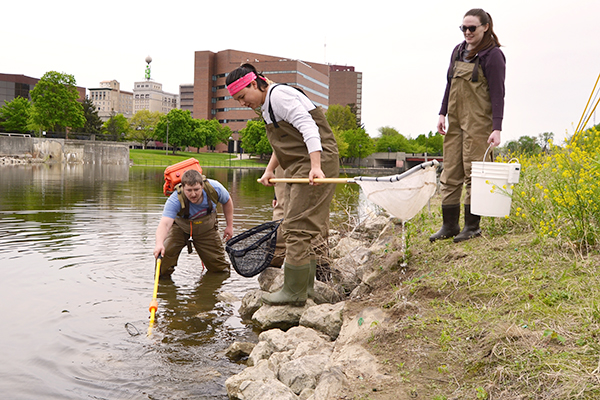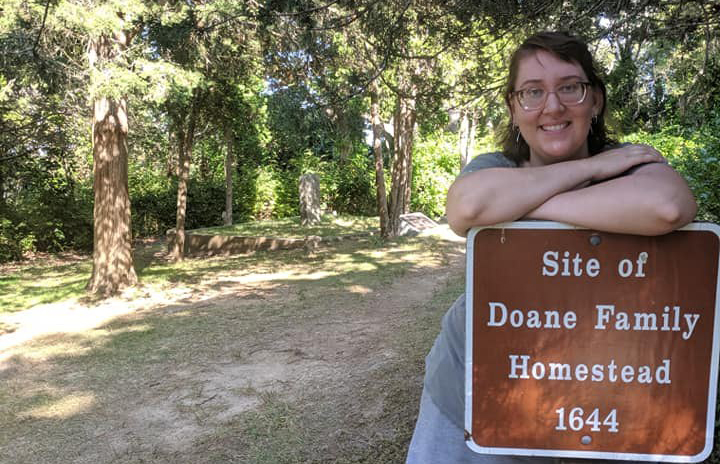Students in the College of Arts & Sciences at UM-Flint can expect so much more than just attending classes! We love seeing our students have amazing experiences outside of their normal class schedule, and we’re passionate about providing students with the resources to have those experiences.
Here are five opportunities CAS students can take advantage of in the 2021-2022 academic year.
1. Professional Academic Advisors
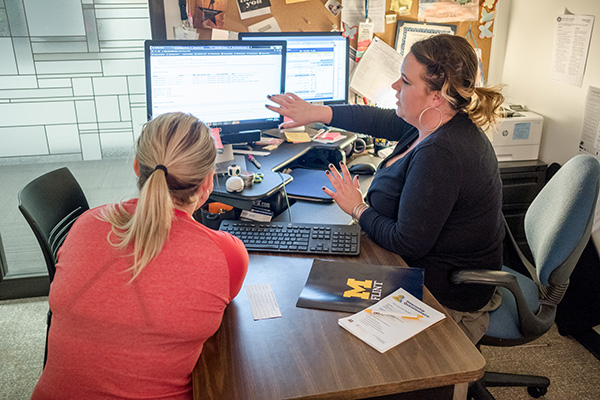
Every major in the College of Arts & Students has a dedicated professional advisor to help students create a personalized degree plan to fit their needs.
Meeting with your advisor helps to ensure that you graduate on-time, meet requirements for your degree, and gain the experiences needed for life after graduation. For example, advisors help students who are preparing for medical school to ensure they meet application requirements.
And don’t miss out on other academic supports like the Writing Center, Tutoring, and Supplemental Instruction.
2. CAS Opportunity Fund
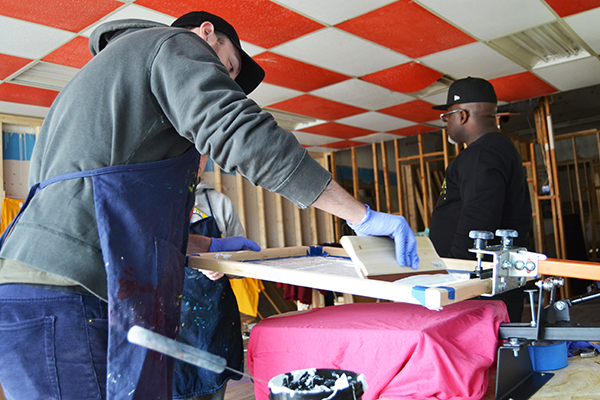
The CAS Opportunity Fund helps to fund research projects, travel, professional development, and more for our faculty, staff, and students.
Recent projects funded with help from the CAS Opportunity Fund include archaeological field school in Massachusetts, a pop-up t-shirt shop in Flint, and a language immersion program in Cuernavaca, Mexico. We will let everyone know when the application period begins for the next round of Opportunity Funding!
3. Research with Professors
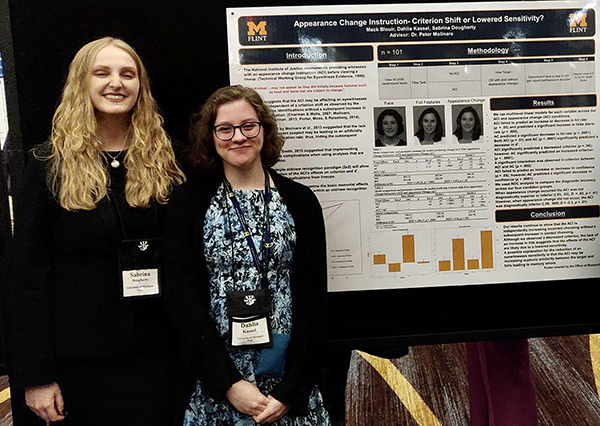
Your interaction with professors can be so much more than hearing lectures in class. Many students work directly with professors on research projects, allowing them to explore their interests further and build their resumes while still in school.
And with the Undergraduate Research Opportunity Program and Summer Undergraduate Research Experience Program, students can even get paid while gaining valuable research experience.
Biology students are studying the ecology of the Flint River with their professors, and two psychology students studied eyewitness testimony and presented their findings at a national conference.
4. Career Advising
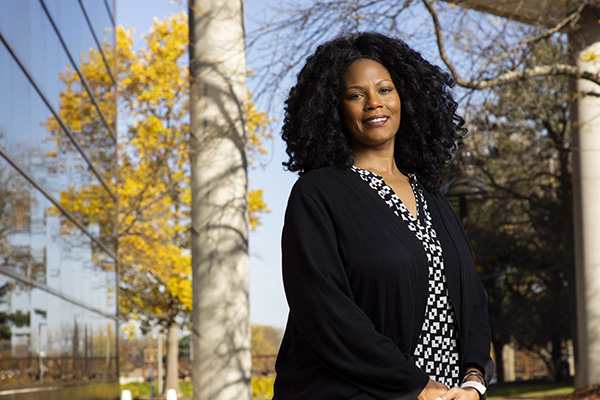
Myesha Cannon is the career advisor for students in the College of Arts & Sciences. She offers a number of workshops throughout the academic year, covering topics such as: interviewing, job offers, salary negotiations and online networking.
In addition to one-on-one and small group advising sessions, students also have access to industry resources like Handshake, an online job board that allows you to network with employers both locally and across the nation.
5. Minors and Certificates
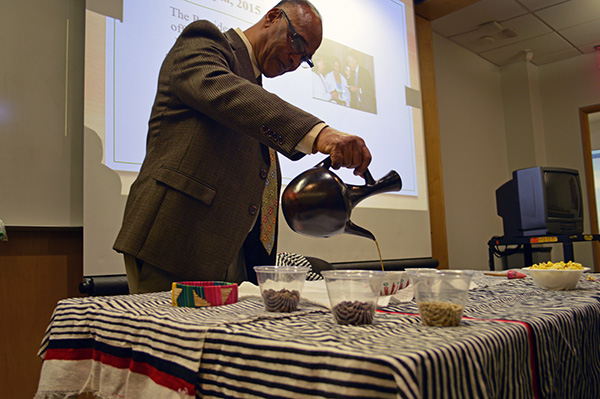
You’ll learn so much more in college than just your major, and there’s no better way to broaden your horizons than by adding a minor or certificate to your major field of study.
CAS offers six undergraduate certificate programs:
Africana Studies Certificate
Design Thinking & Practice Certificate
GIS & Geospatial Technology Certificate
Interaction Design Certificate
Teaching English to Speakers of Other Languages Certificate
Women & Gender Studies Certificate
UM-Flint also offers close to 80 minors, so you’re sure to find something that both interests you and complements your major.
There are plenty of other resources to help you have a great 2021-2022, but this list should help you get started. If you have questions, don’t hesitate to contact CAS at [email protected].
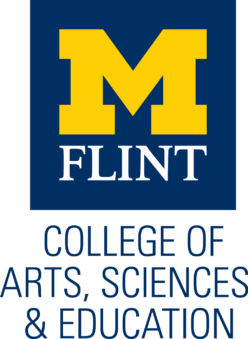
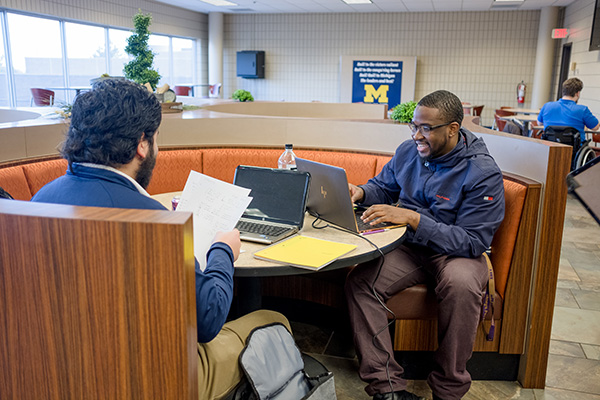
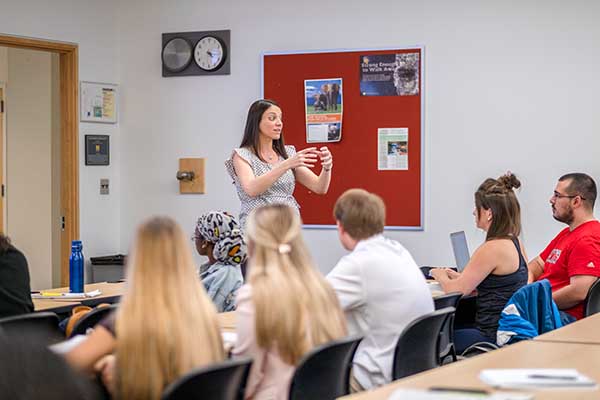
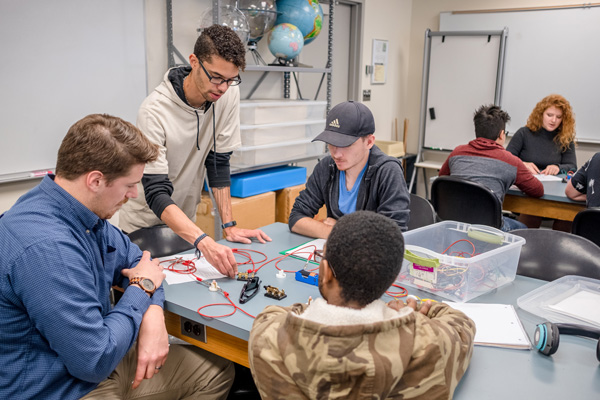

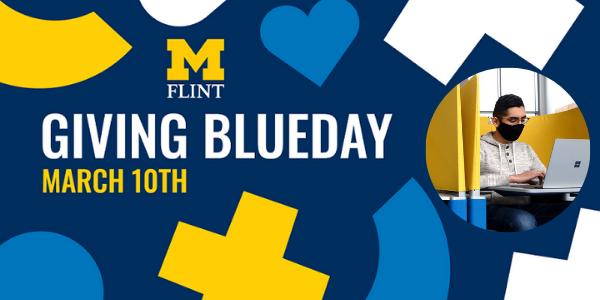
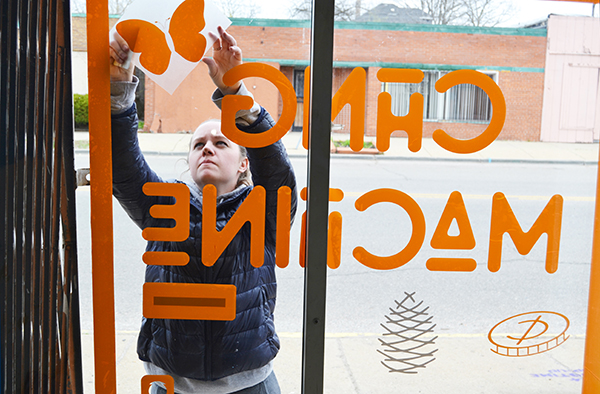
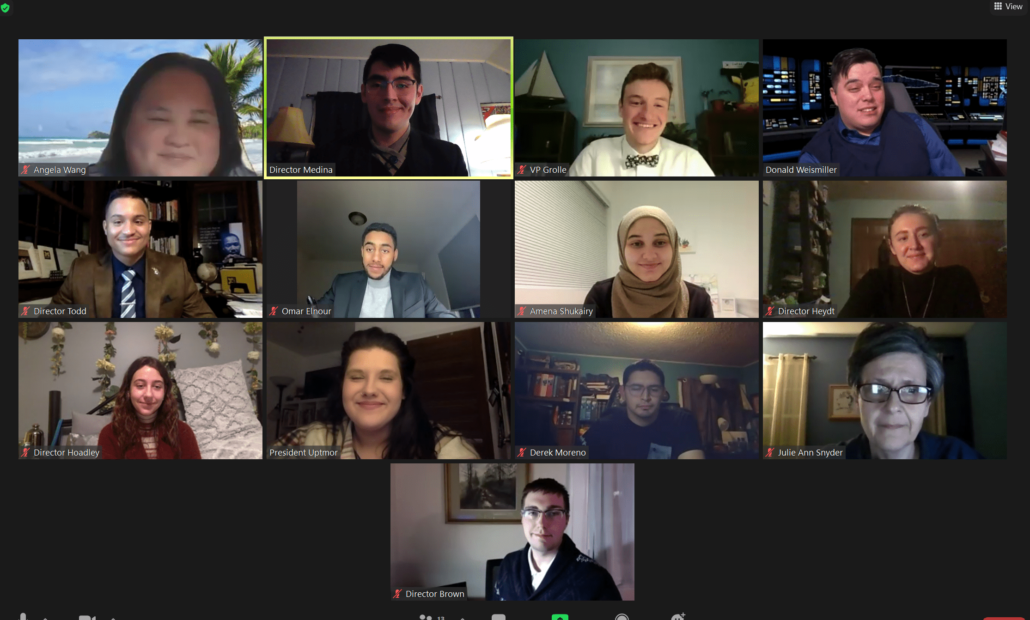
![[VIDEO] Students discuss a year of remote learning](https://blogs.umflint.edu/case/wp-content/uploads/sites/5/2021/03/studentconvoheader2-624x333.png)
